Earlier, an article about immigrants to Australia who had lived in Australia for 20 years, but had not chosen to join Australian nationality, triggered extensive discussion on the Internet. An old Australian immigrant also said that he had lived in Australia for such a long time. The reason for not being naturalized or returning home is simple.
Emigrated overseas for many years, I also have a lot of things I would like to talk to you.
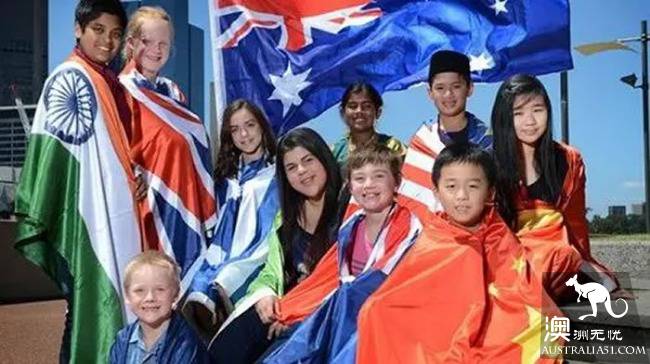
Many people asked me why I had lived in Australia for more than 20 years, neither joining Australian nationality nor returning home for development.
There are also a lot of people ask me, why do you choose not to give up your own Chinese nationality, but also not to return home to build the motherland, is not this very contradictory?
In fact, I would like to say that living in Australia, no Australian nationality can live a very good life.
In fact, for a long time, there has been such a "moral kidnapping" at home, you go abroad, emigrated to other countries is "unpatriotic."
I live abroad, not willing to give up my Chinese nationality, is "patriotic". As for whether I love my country or not, it has nothing to do with the fact that I cannot enter Australian nationality.
Some people say well, the motherland is like a mother-in-law, Australia like a mother-in-law. Whether it is the mother-in-law or the mother-in-law, after marriage, both sides are home to themselves, both family.
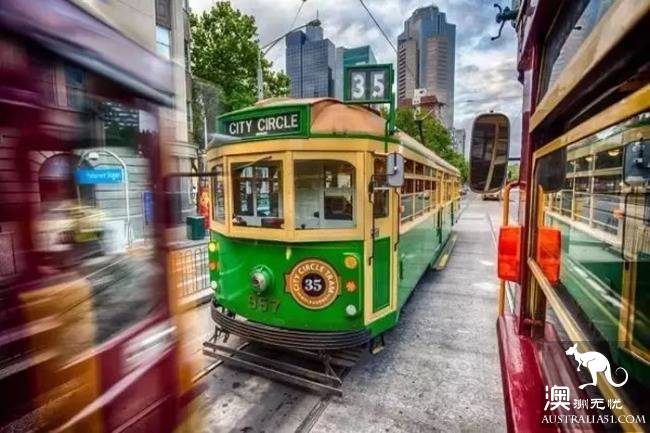
If you are willing to treat the family relationship of your mother-in-law like an adversarial relationship, we can only say that it is a "unhealthy" discordant "family relationship.
But since they are all close, their palms are full of flesh, and no one will "marry" Australia, marry their mother-in-law, and turn their backs on their parents, their own family, will they not be turned against each other by "marrying" Australia and going to their mother-in-law's house?
At the same time, life in Australia, also far from making you have to choose the opposite of 1, "mother-in-law" is still very good for me.
Living in Australia for so many years, owning PR, also received a lot of benefits from government, not only to benefit from Australian pensions, subsidies, family benefits, but also to enter Australia and New Zealand without a visa limit.
(B) compulsory education in Australia, free of charge from primary school to high school for 12 years (of course, private schools are not included in compulsory education here);
Even if I don't have Australian citizenship, I can live a good life in Australia. Although there is no Australian nationality, the welfare range is wider, but it is also very good.
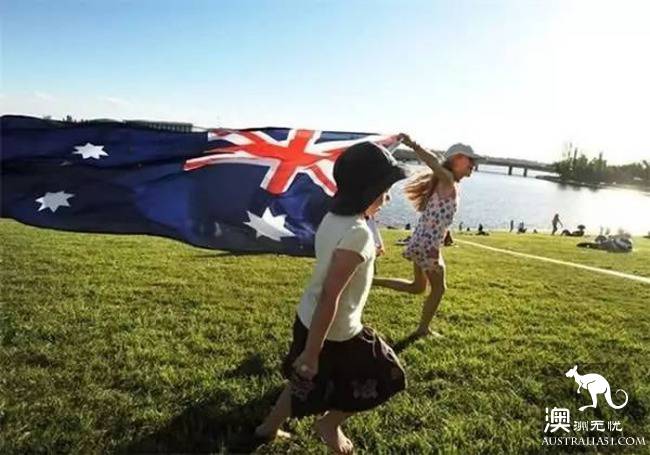
At the same time, it is more convenient to return to China, do not need to apply for a visa, my domestic account, hukou, the motherland gives me convenience, the real estate or belongs to me, it is also the most genuine home in my heart.
Many people talk about how "patriotic" I am, yes, I am patriotic, but I also love Australia, Australia has given me the perfect living environment, the motherland has given me the most perfect national pride.
The level of education in Australia is also very high, and my children have received different education here after emigrating to Australia. Australia will be the land where my family and I have always lived.
comment on
1: the current situation of Chinese living in Australia
The Australian Bureau of Statistics, (ABS), released data for the 2016 census. Australia's total population grew 8.8 percent from the previous census (2011) to 24.4 million, with nearly 2/3 (or more than 15 million) living in capital cities.
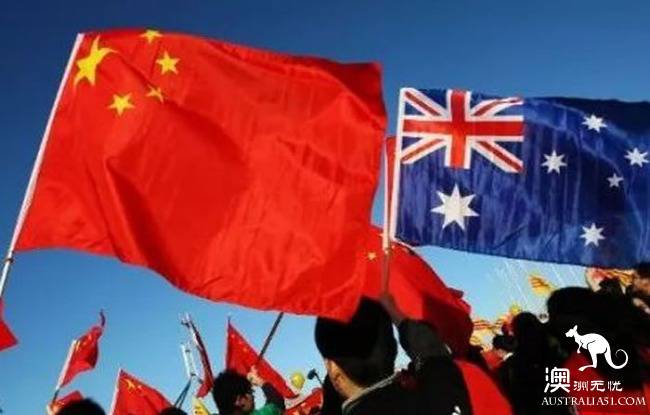
In the census, the population of Chinese Australians grew rapidly, with a population of one million two hundred and thirteen thousand nine hundred and three, accounting for 3.9 percent of Australia's total population, up more than 40 percent from 2011. In 2011, Chinese Australians accounted for 3.1 percent of Australia's total population.
So, how did the 1.2 million Chinese survive in Australia?
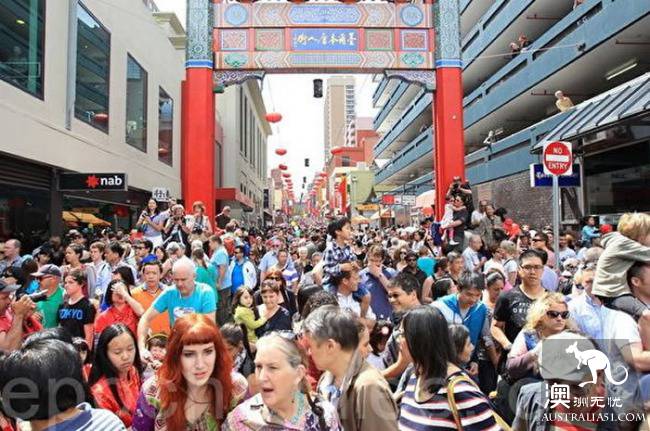
According to Sohu, Chinese in Australia can be divided into several classes of living conditions:
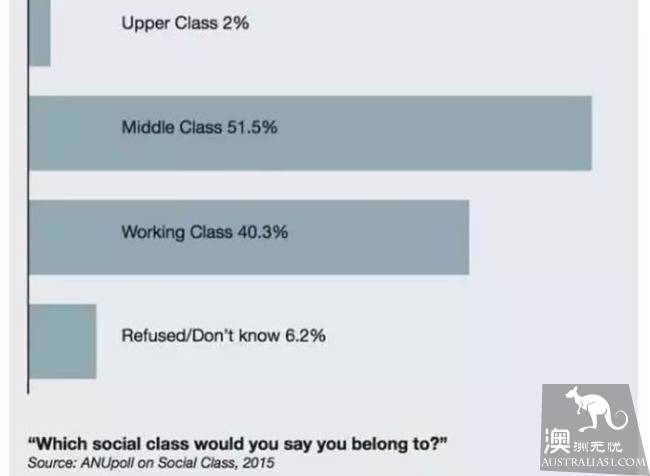
Low-and middle-income families:
The study shows that the annual total household income is between 20 million and 40 000 Australian dollars, the real estate value is between two hundred and fifty thousand and five hundred thousand Australian dollars, with the lowest total household income and the lowest social and cultural capital.
This group of families have lower incomes, an average age of 66, older people, no particular interest in culture and social networks, and average savings.
This class of people in Australia live only to meet the food and clothing life, they come home early and late, in order to live in the struggle!
Mature middle class:
The total family income is between 60,000 and 80,000 Australian dollars per year. The real estate value is between 500,000 and 1 million Australian dollars. The income is close to the average household income, and it also has an average social and cultural capital.
They are from middle-class families, and their parents' professional reputation is close to average, and they follow the footsteps of their parents.
This class of people earn a little higher and have a little more capital. They are small and medium-sized business owners, or more successful dealers, and they are not very different from mature wages, but more resources.
Mature rich class
Like the older generation of the newly rich. Family members of this class have high incomes, large and diverse connections, higher-than-average educational backgrounds, and parents have worked in prestigious occupations.
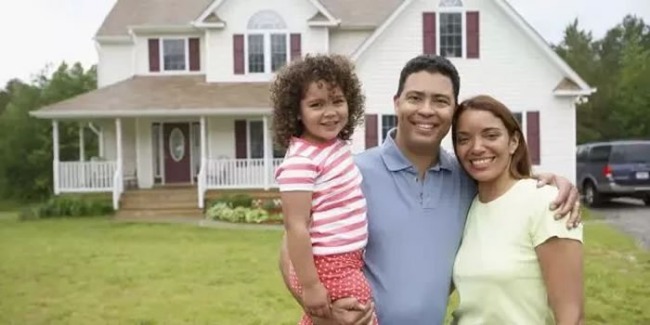
This group is basically like the mature middle class, but everything has more. They are the older generation with more savings, more diverse cultures, more connections, and the most prestigious occupations. They are the people who come and go to the party.
No matter what kind of class you belong to, Chinese living in Australia is always considered a pleasant life in the eyes of their domestic friends. However, there is always a voice in Australia that tells you: "Chinese are only second-class citizens".
So are Chinese really second-class citizens in Australia?
It is understood that in some dictionaries, "second-class citizens" mean that a citizen, especially a member of a minority group, is deprived of his or her social, political and economic rights or welfare; Or a citizen is not equal respect, recognition, can not be paid.
It is clear that this term does not apply to the status of Chinese in Australia.
Australian Finance Minister Scott Morrison has said publicly: "Australia's government is sure of the contribution of overseas immigrants, including Chinese immigrants, to Australia"
It is understood that at present, Chinese enterprises are investing more and more in Australia, and the development of Australia cannot be achieved without Chinese investment. In addition, in politics, many Chinese actively participate in politics and become the "voice" of Chinese in Australia.
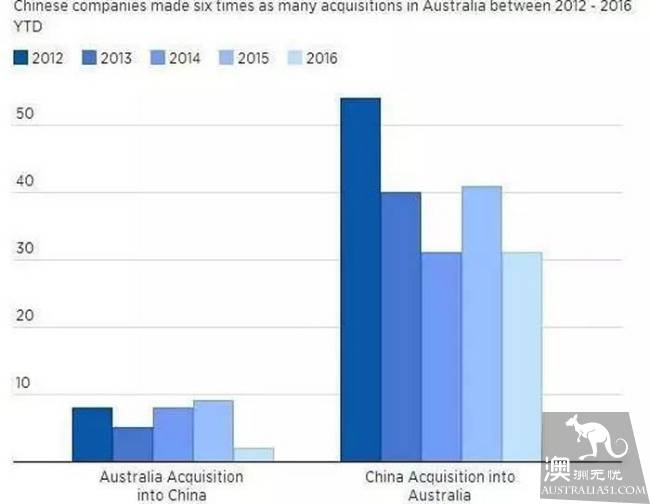
epilogue
Perhaps in 30, or 50 years ago, there were very few Chinese immigrants in Australia. Under the influence of the White Australia policy or the World War, Chinese may be regarded as "second-class citizens" by mainstream society.
However, by 2018, Chinese immigrants have made a great contribution to Australia. The development of Australian society cannot be separated from the help of Chinese people in Australia. The term "second-class citizens" is indeed somewhat "outdated"!.
Many Chinese in Australia are patriotic and love Australia. This is not a conflict, because this is not a contradictory view. Indeed, both the mother-in-law and the mother-in-law are family members of their own.
So, will you choose Australian citizenship or not when you get Australian status?